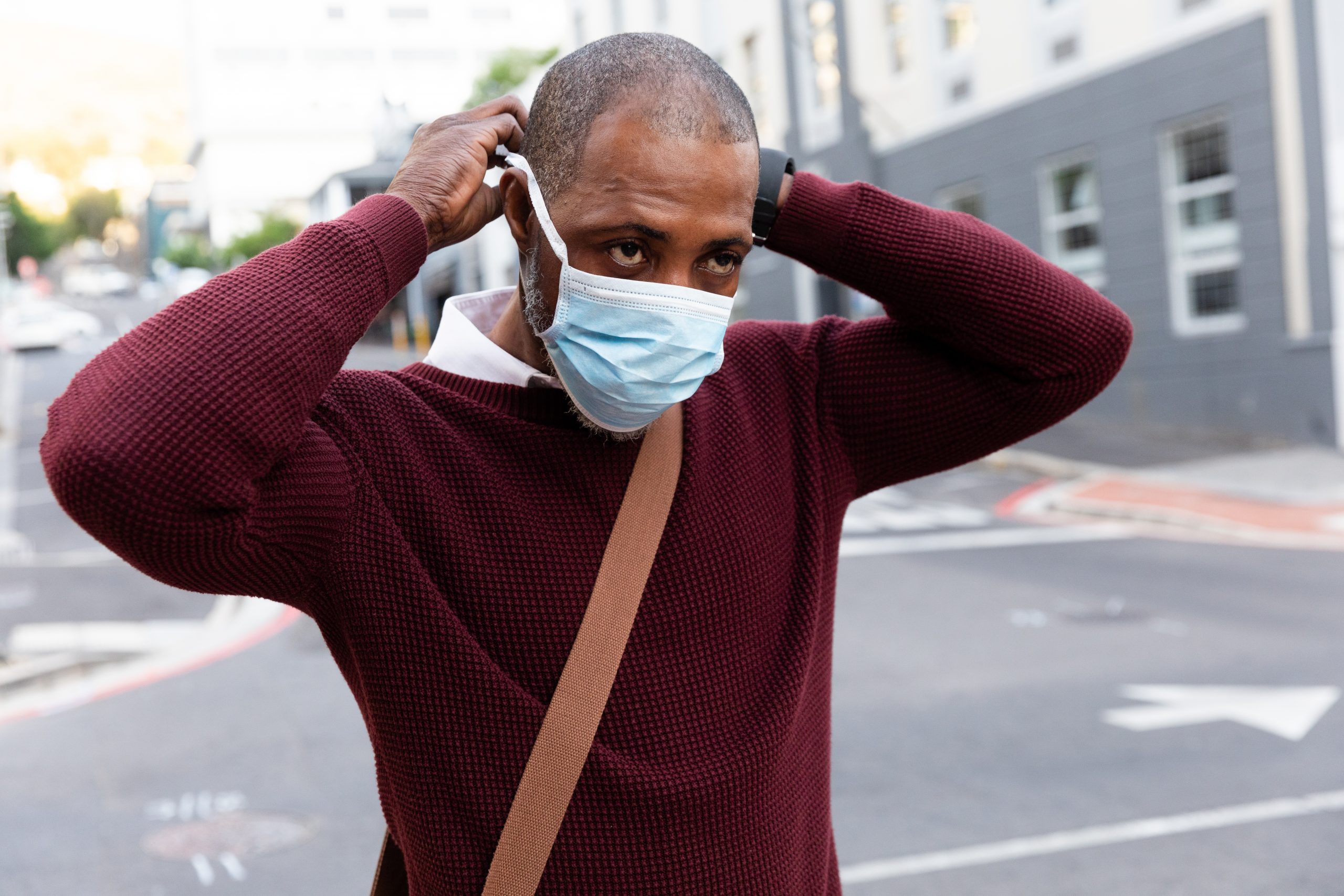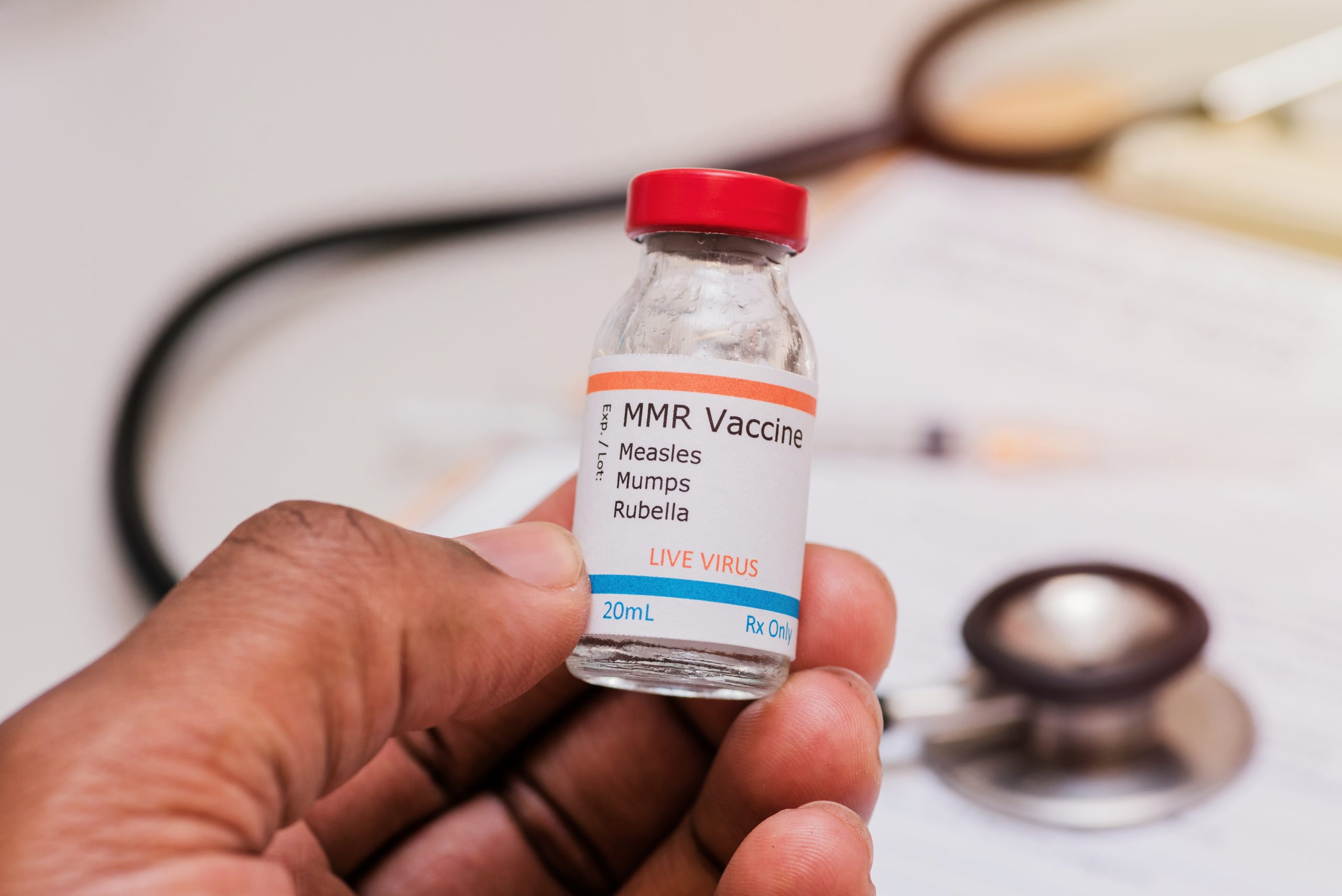HEALTH
INFANT MORTALITY – 340 children under 5 die every day from preventable diseases

On average, nearly 1.6 million people get sick every day because they have consumed food that is not safe to eat. The alert was issued by the UN World Health Agency, noting that an average of 340 children under the age of 5 die daily from preventable food-borne illnesses.
More than 200 illnesses caused by unhealthy foods, ranging from diarrhea to cancer, are caused by eating foods contaminated with bacteria, viruses, parasites or chemicals. “Every day, an estimated 1.6 million people around the world get sick from eating dangerous food,” said a UN press briefing in Geneva. Dr Francesco Branca, Director of the Department of Nutrition and Food Safety of the World Health Organization (WHO), on the eve of the 5th World Food Safety Day. The Food and Agriculture Organization (FAO) also points out that food safety is an essential component of food security. It plays a crucial role in reducing foodborne illness.
According to the agency, 600 million people are affected each year by about 200 types of food-borne illness. And it is the poor and young people who suffer the most. Food-borne illnesses are also responsible for 420,000 preventable deaths each year. Access to safe, nutritious and healthy food is a fundamental human right. Food safety is a determinant of human health. To ensure this right, governments must ensure that available food meets safety standards. These standards ensure safety, nutrition and food quality and protect lives. WHO, in collaboration with FAO, leads global expert groups and provides scientific advice to develop food standards and protect the health of consumers around the world.
Strong correlation between food insecurity and exposure to food-related disease risks
World Food Security Day comes at a time of global crisis. According to FAO, 828 million people are chronically food insecure. A few weeks ago, the UN World Report on Food Crises highlighted that over the past seven years, the number of people in food crises has increased from 108 million to 258 million, some of them at risk of starvation. It is clear that the more hungry you are, the more chronic food insecurity affects you, the more you will try to find food, the more you will be exposed to the risks of having access to food that is not safe, Dominique Burgeon, Director of the FAO Liaison Office in Geneva, said at a press conference in Geneva that “it is in the most vulnerable countries where there are more risks”.
In fact, FAO intends to recall “the strong correlation between food insecurity and exposure to food-related disease risks.” That is why, in all the countries where they operate, UN agencies try to support these countries, whatever their situation.
HEALTH
COVID 19 – A new variant we discovered

According to a senior official at the World Health Organization, a new highly mutated variant of COVID called BA.2.86 has been discovered in several countries including Switzerland, South Africa, as well as Israel, Denmark, the United States and the United Kingdom.
According to “Reuters”, the variant was first spotted in Denmark on 24 July after sequencing of the virus infecting a patient at risk of becoming seriously ill”. And so it was detected “in other symptomatic patients, during routine checks at airports and in wastewater samples in a handful of countries”.
Thus, scientists have indicated that “although it was important to monitor BA.2.86, it was unlikely to cause a devastating wave of serious illness and death given the immune defenses developed worldwide as a result of vaccination and previous infection”.
WHO COVID-19 technical officer Maria Van Kerkhove said, “The numbers are still low”. But the reduction in global surveillance could lead to rapid circulation of the virus…
HEALTH
TOBACCO CONTROL: Seven out of 10 people protected by anti-smoking measures

A new report from the World Health Organization (WHO) highlights that 5.6 billion people, or 71% of the world’s population, are now protected by at least one good practice policy to save lives from deadly smoking, five times more than in 2007.
Over the past 15 years, since WHO’s MPOWER measures were introduced globally, smoking rates have fallen. Without this reduction, the UN World Health Agency estimates that there are now 300 million more smokers worldwide. This new WHO report on the global tobacco epidemic focuses on protecting the public from passive smoking, noting that nearly 40% of countries now have fully non-smoking indoor public places. The report assesses the progress made by countries in tobacco control and shows that two other countries, Mauritius and the Netherlands, have reached the level of best practices for all MPOWER measures, a feat that only Brazil and Turkey have achieved so far. These data show that, slowly but surely, more and more people are protected from the harms of tobacco by WHO policies based on evidence and best practices.”said Dr Tedros Adhanom Ghebreyesus, Director-General of WHO, congratulating Mauritius on becoming the first country in Africa and the Netherlands on becoming the first country in the European Union to implement WHO’s comprehensive tobacco control policies at the highest level. Eight countries are only one policy away from joining the leaders of tobacco control: Ethiopia, Iran, Ireland, Jordan, Madagascar, Mexico, New Zealand and Spain. However, much remains to be done: 44 countries are not protected by any of WHO’s MPOWER measures. At the same time, 53 countries have still not adopted a total ban on smoking in health facilities. In addition, only half of the countries have smoke-free private workplaces and restaurants.
Passive smoking
“WHO urges all countries to implement all MPOWER measures at the level of best practices to fight the tobacco epidemic, which kills 8.7 million people worldwide, and to oppose the tobacco and nicotine industries, who are lobbying against these public health measures,” said Dr Ruediger Krech, Director of Health Promotion at WHO. About 1.3 million people die each year from second-hand smoke. All of these deaths could be prevented. People exposed to second-hand smoke are at risk of dying from heart disease, stroke, respiratory disease, type 2 diabetes and cancer. In this fight against tobacco, the ban on smoking in public spaces is only one of the measures of the Effective Tobacco Control Package, MPOWER, designed to help countries implement the WHO Framework Convention on Tobacco Control and stem the tobacco epidemic. The paper shows that all countries, regardless of income level, can lower the demand for deadly tobacco, achieve major public health victories and save billions of dollars in health care and production costs.
HEALTH
SENEGAL – 400 cases of measles recorded

Measles is back in force, with more than “400 cases recorded nationally”. It is a revelation of Doctor Boly Diop, responsible for epidemiological and post-vaccination surveillance at the Ministry of Health and Social Action, on Thursday, July 13, 2023.
“Performance in the first half of the year revealed the existence of a measles epidemic,” said Dr. Boly Diop, noting that Fatick is the only one of the country’s 14 regions that has yet to register a confirmed case of measles.
Outside of Fatick, all regions have confirmed cases of measles and there are districts that have become epidemic. This means that today, measles is back in force, there are confirmed cases and epidemics that are recorded throughout the regions,’ he said, on the sidelines of a quarterly coordination meeting for epidemiological surveillance.
-

 EAST AFRICA1 year .
EAST AFRICA1 year .TANZANIA – President meets with Chairman of the Board and CEO of the Merck Foundation
-

 MEDIUM AND NEAR EAST11 months .
MEDIUM AND NEAR EAST11 months .MILITARY OPERATIONS IN JENIN – For more than 24 hours, Israel has plunged the inhabitants of Jenin into the hell of fighting
-

 EGYPT4 years .
EGYPT4 years .EGYPT: Voting day for the legislative elections
-

 CHAUD TOO CHAUD3 years .
CHAUD TOO CHAUD3 years .POLITICS – [INTERVIEW EXCLUSIVE] – MADAGASCAR – Fanirisoa Ernaivo, a politician and activist committed to the rule of law and respect for democracy
-

 BUSINESS8 months .
BUSINESS8 months .GUINEA – Authorities demand repatriation of mining revenues
-

 POLITICS5 months .
POLITICS5 months .SENEGAL – Presidential election 2024: Registration of 79 candidates declared
-

 CULTURE2 years .
CULTURE2 years .AFRICA – African writers and artists celebrate the 20th anniversary of the African Union
-

 POLITICS3 years .
POLITICS3 years .SOUTH AFRICA – Former President Jacob Zuma in prison



